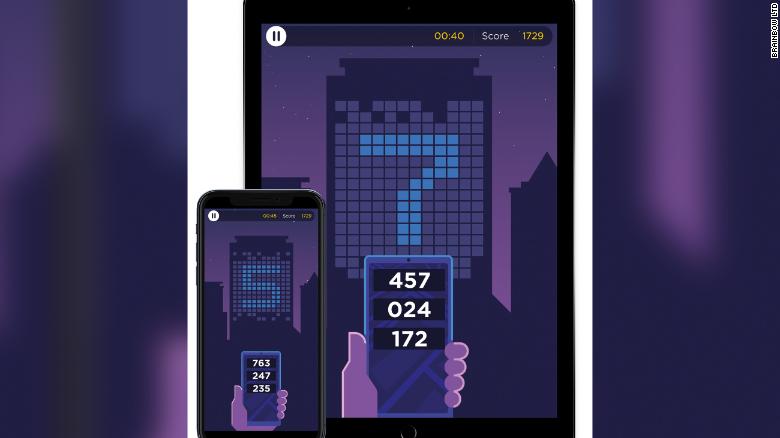Posts Tagged ‘non-pharmacological’
Does ADHD treatment enable long-term academic success? (Yes, especially when pharmacological and non-pharma treatments are combined)
Academic difficulties are one of the most important adverse consequences of ADHD, and they frequently contribute to parents’ decision to seek treatment for their child. Whether treatment consistently yields a positive impact on long-term academic success is thus an important issue; however, the answer to this question has been somewhat controversial. A study published recently…
Read MoreStudy finds combined pharma + non-pharma treatment most beneficial to help youth with ADHD address long-term academic difficulties
__ Academic difficulties are one of the most important adverse consequences of ADHD, and they frequently contribute to parents’ decision to seek treatment for their child. Whether treatment consistently yields a positive impact on long-term academic success is thus an important issue; however, the answer to this question has been somewhat controversial.
Read MoreBrain training seen as promising non-pharmacological method to enhance attention in healthy young adults
This brain training app may help you stay focused, says new study (CNN): “Our digital lives make concentration difficult…A group of Cambridge university researchers believes to have developed a “fun” solution to this modern problem. By playing a “brain training” game, called Decoder, players can increase their concentration.
Read MoreAkili raises an additional $11.9M; brings Amgen, Merck, Pfizer and Shire to the digital medicine table
—– Akili Adds Amgen Ventures and M Ventures* to Series B Financing, Increasing Round to $42.4 Million (press release): “Akili Interactive Labs, Inc. (“Akili”), a digital medicine company developing novel, non-pharmacological therapeutics and diagnostics for cognitive disorders, today announced an $11.9 million expansion of its recent Series B financing.
Read MoreStudy: Mindfulness-based Stress Reduction (MBSR) and Cognitive Behavioral Therapy (CBT) beat usual care for chronic back pain
Study finds mindfulness meditation offers relief for low-back pain (NIH release): “Mindfulness based stress reduction (MBSR) and cognitive-behavioral therapy (CBT) may prove more effective than usual treatment in alleviating chronic low-back pain, according to
Read MoreTo improve academic outcomes, children with ADHD need both medication and non-medication treatments
. Academic problems are extremely common in children with ADHD, and often the issue that leads to referral for an ADHD evaluation. Academic outcomes can be measured in 2 different ways — academic achievement and academic performance — and both are compromised in children with ADHD. Academic achievement refers to the information and skills that children…
Read More





